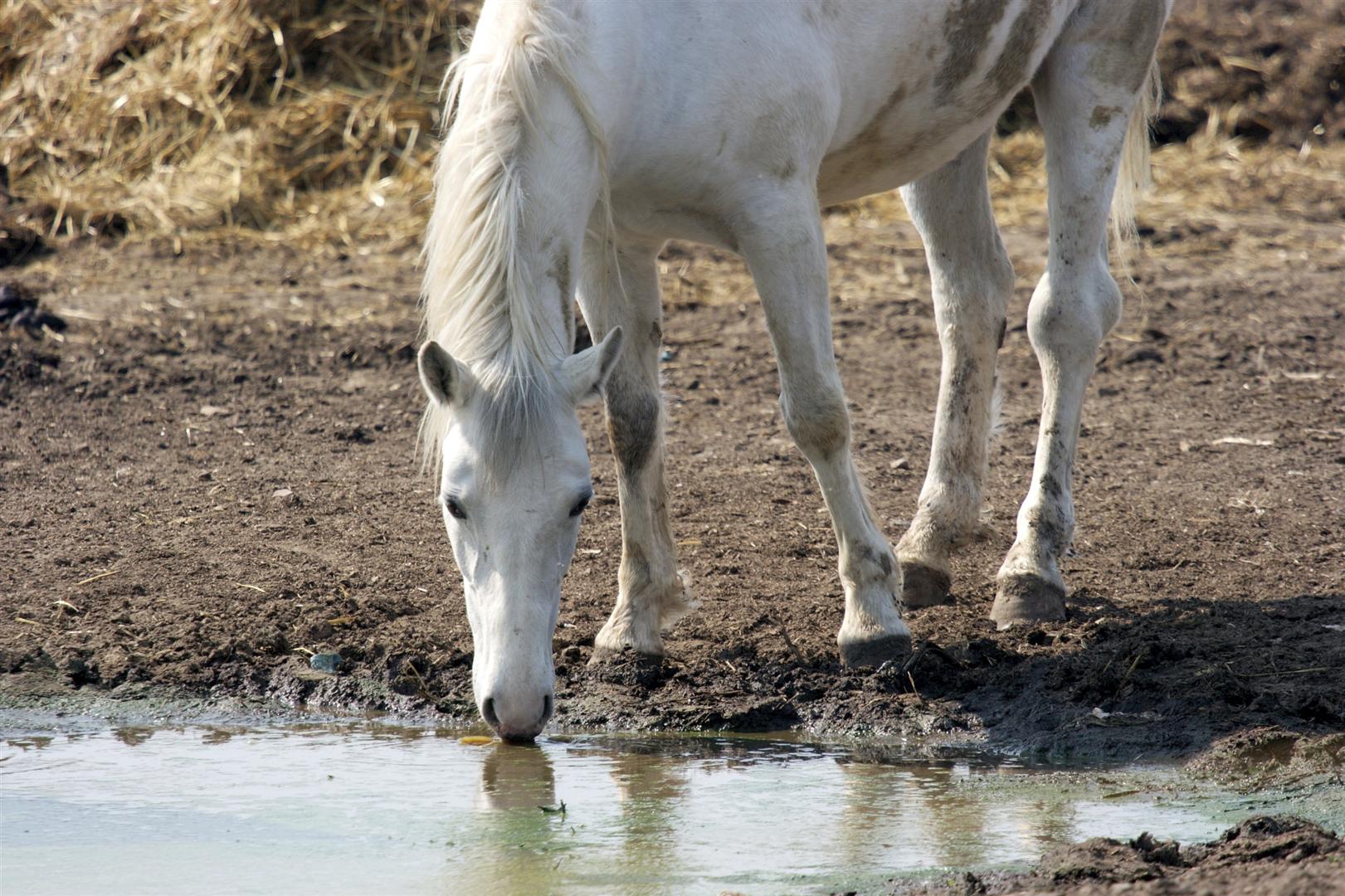Marauding Mosquitoes!
Mosquitoes don’t care who they bite as long as they draw blood. Unfortunately, these little critters carry all kinds of dangerous diseases. This year we have seen an increased threat from West Nile virus. When it comes to protecting both you and your horses, prevention is key. Here are a few tips on how to protect you and your horses.
Vaccinate
An important part of mosquito management is ensuring your horses are protected against diseases transmitted by mosquitoes. Talk to your vet about vaccinating for VEE, WEE, EEE, and West Nile virus. Mosquitoes can also transmit heartworms to dogs, so be sure to get the appropriate protection for them as well!

Clean up breeding areas
Mosquitoes require water to mature into adults, which can take as little as 4 days. Removing standing water breaks the life cycle and reduces the number of mosquitoes in your surroundings. Frequently empty all containers that collect water around your barn and home, including old tires, tarps, wheelbarrows, buckets, garbage cans, and pet water bowls.
To help reduce mosquito populations, empty and clean your water troughs frequently. Considering moving your trough if the footing is sloppy and has deep hoof prints, as this makes for good breeding ground too. Remember, it only takes 4 to 14 days for a mosquito to become a mature adult. Don’t raise the mosquito that bites you!
Identify areas on your grounds that accumulate water after a rain. If the water does not drain after 4 or 5 days it is a potential breeding ground for mosquitoes. Fill in tree holes, road ruts, potholes or low areas that create puddles to avoid raising the mosquito that bites you.
Reduce exposure
Apply insect repellant developed to repel mosquitoes and reapply as directed by the manufacturer. Minimize exposed skin by covering up with lightweight long pants and long-sleeve shirts. Put fly sheets on horses. Avoid outdoor activity and bring horses into the barn at dawn and dusk when the bugs are most active.



1 Comment
Pingback
[…] From the KPP Blog: […]